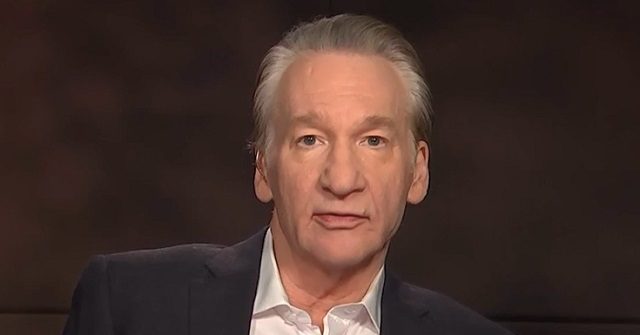On a recent episode of HBO’s “Real Time,” host Bill Maher and actor Michael Douglas engaged in a provocative discussion about the political landscape as the 2024 election approaches. Maher articulated a compelling observation: the notion that Republicans are now perceived as the “party for the people” while Democrats have shifted into an “elitist” position is wild yet merits serious consideration. The exchange underscored a growing discontent among the electorate, particularly within the middle class, which has been increasingly marginalized in recent years. Maher acknowledged the paradox of this political rebranding, expressing empathy for those feeling disillusioned and frustrated enough to consider radical changes.
Michael Douglas emphasized the contention that the pivotal issue in the upcoming election is the economy. He lamented the erosion of the middle class, which he believes has been effectively wiped out and desperately needs support. In contrast, Douglas pointed out that while the stock market has been flourishing, real wages for the working class have not kept pace, leading to a widening wealth gap. This disparity not only affects people’s day-to-day lives but has also diminished their trust in established political parties. Douglas’s assertion that the current political discourse has come to reflect Republicans as champions of the people is indicative of a significant shift in voter sentiment and highlights the urgent need for policies that address the economic struggles faced by the average citizen.
The dialogue between Maher and Douglas illustrated an awakening realization among some segments of the left regarding the implications of their party’s evolving identity. Maher noted how this shift in perception is both “crazy” and “truthful,” acknowledging that many people’s frustrations with the system have led them to embrace more disruptive attitudes toward traditional political structures. The discussion touched upon a sense of urgency for Democrats to reassess their approach and reconnect with their base, as failing to do so risks escalating frustrations among voters who feel left behind. This growing disillusionment has created a fertile ground for revolutionary ideas that can disrupt the status quo, as people search for alternatives that resonate more with their lived experiences.
Furthermore, the conversation highlighted key themes of economic inequality and political alienation that have gained traction in recent years. The idea that mainstream Democratic policies might be perceived as out of touch resonates with a populace that struggles to reconcile their everyday realities with the narratives often put forth by political elites. The results of past elections have signaled a potential electorate more willing to question the intentions and effectiveness of the Democratic Party, which has historically positioned itself as a champion of the working class. Douglas’s comments reflect a growing acknowledgment that traditional party lines are blurring, and that both parties must adapt to meet the needs of a populace that craves meaningful economic support.
As the 2024 election looms closer, the implications of this discussion extend beyond mere optics. If Democrats are indeed perceived as an elitist faction, the challenge becomes addressing these perceptions while simultaneously formulating policies that substantively benefit the working and middle classes. Maher and Douglas’s reflections serve as a reminder that political identity is increasingly fluid, and that voters are more likely to gravitate toward parties that exhibit populist tendencies regardless of traditional party affiliation. This transformative period in American politics invites a thorough examination of economic policies, voter outreach efforts, and the fundamental values that parties choose to represent.
In this climate, Maher’s candid acknowledgment of voters’ desires to “break shit” points to the deep-seated frustrations that can drive political movements. The call for radical change often emerges from a sense of desperation among those who feel marginalized and unsupported. As the political environment continues to shift, both Republicans and Democrats must grapple with the repercussions of these sentiments. For Democrats, the question remains: How can they re-establish their credibility as the party of the people without further alienating their base or adopting policies that feel disconnected from the realities of American life? In an era marked by heightened polarization, the answer to this question may very well shape the outcome of the 2024 election.
Ultimately, the candor shared between Maher and Douglas exemplifies a critical moment in the broader narrative of American politics. As perceptions of party identity continue to evolve, these discussions will play a key role in reshaping voter expectations and engagement in the upcoming election cycle. The conclusion is clear: for any party aspiring to represent the interests of the people, an acute awareness of economic hardships and the willingness to implant meaningful changes will be essential in fostering a more inclusive and equitable future for all constituents.

